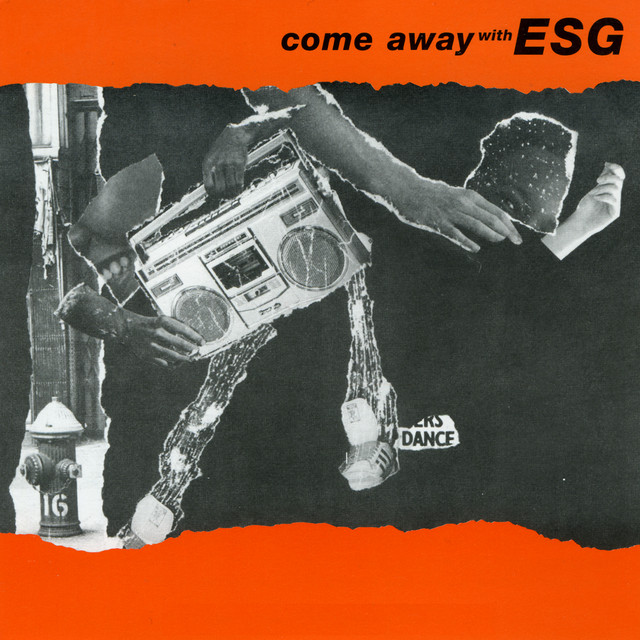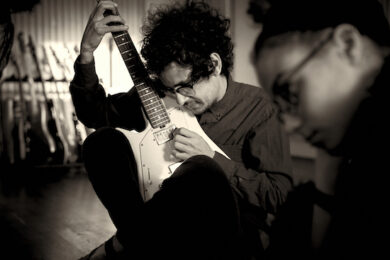5. ESGCome Away With ESG

I just loved the rawness of this record, and the fusing of all the things I was already into, like hip-hop, dub and post-punk. They were a punk band with this dub influence, but it was still very ‘pop’. Back then, everything I listened to was either traditional music or pop music. People are sometimes surprised how much I love pop music, because what I love most is pop music. But then, punk is two-minute songs, verse-chorus-verse-chorus. It’s a fusion of pop music and traditional music, which, again, has lots of tempo changes and intricate arrangements. But for us in the Caribbean, in Puerto Rico, that is pop music.
And ESG was a punk band I was drawn to because of this fusion of these different sounds and styles, because of this fusion of all these elements that I loved. When I got into punk, I loved it but it was, in a way, very limiting. Like, people in the punk scene in El Paso made fun of the fact that I listened to salsa still, or that I liked hip-hop. That’s why I connected with the people I did, like Cedric, for example. He didn’t make fun of any of that, he thought it was super-cool. Same thing with Jeremy [Michael Ward, The Mars Volta’s late sound manipulator, and Omar’s close friend], we bonded over really loving hip-hop. Whenever I was confronted by people who told me punk was this rigid, hemmed-in, limiting thing, I always pointed to the Clash and ESG, saying, ‘No, punk is whatever you want it to be, it’s more an attitude than anything else. Look at these groups – they’re fusing all these wonderful things, and punk’s all the better for it.’


